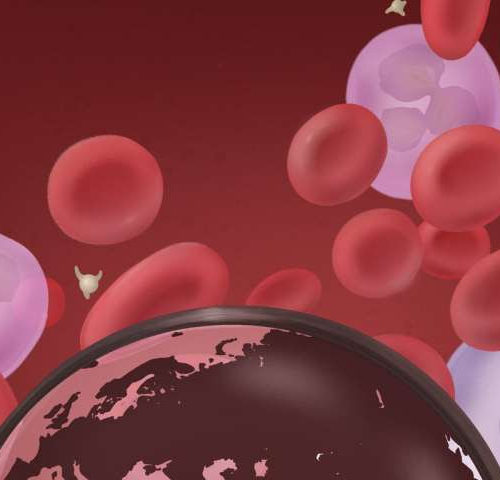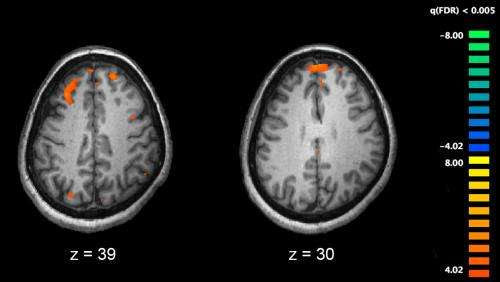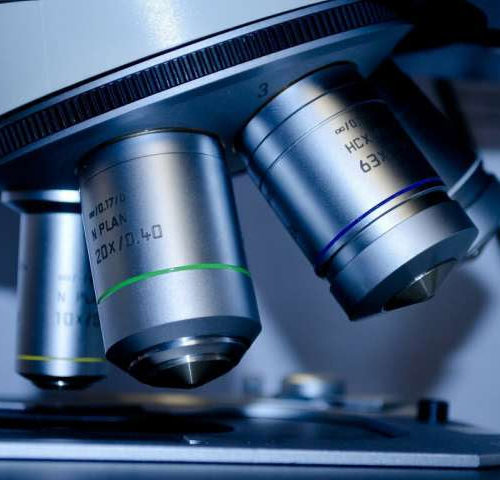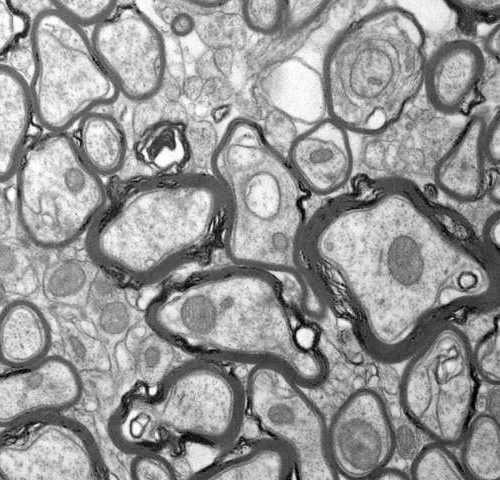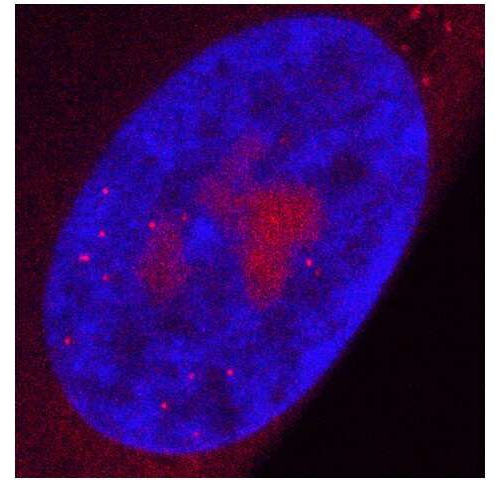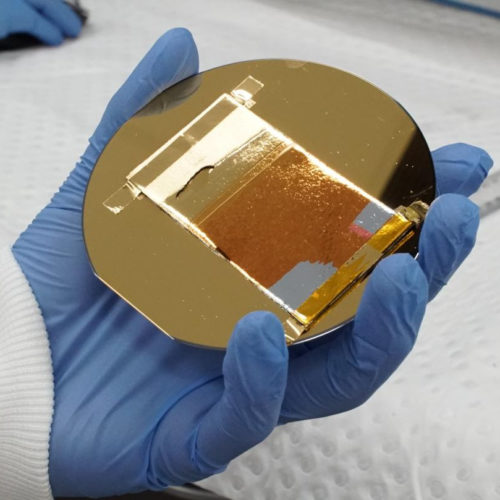Efficacy and cost prove similar to traditional face-to-face management UNIVERSITY OF BRITISH COLUMBIA OKANAGAN CAMPUS While virtual medical and rehabilitation appointments seemed novel when COVID-19 first appeared, they now seem to be part of the new norm and might be paving the way to the future. A recent review paper, co-authored by Brodie Sakakibara with...
Tag: <span>diseases</span>
Immune Cells in Spinal Fluid of Multiple Sclerosis Patients Identified as Likely Disease Drivers
Results Lay Groundwork for New, More Targeted Immune Therapies. New UC San Francisco research sheds light on how immune system B cells that infiltrate the central nervous system may drive multiple sclerosis (MS), pointing the way to a new generation of targeted immune therapies to halt the progression of the disease. MS is a common...
The genetics of blood: A global perspective
by University of Montreal Researchers discovered 5000 genetic associations and used the genetic diversity of their samples to refine association signals and explored the genetic architecture of blood-cell traits across populations. This image illustrates how the authors used genetic data from 746,667 participants from five global populations (African-ancestry, East Asian, European-ancestry, Latino/Hispanic, South Asian) to...
AI algorithm detects signs of Alzheimer’s disease through language
By Nick Lavars September 02, 2020 AI algorithms that analyze the language used by Alzheimer’s sufferers could become a useful tool in diagnosing the disease in its early stages With no cure and no straightforward way of diagnosing the disease, scientists are exploring every avenue when it comes to detecting Alzheimer’s during its early stages....
Schizophrenia: Nurture cannot overcome nature
by Nicole Feldman, University of California, Irvine Functional magnetic resonance imaging (fMRI) and other brain imaging technologies allow for the study of differences in brain activity in people diagnosed with schizophrenia. The image shows two levels of the brain, with areas that were more active in healthy controls than in schizophrenia patients shown in orange,...
Investigational drug stops toxic proteins tied to neurodegenerative diseases
by Melissa Moody, Perelman School of Medicine at the University of Pennsylvania An investigational drug that targets an instigator of the TDP-43 protein, a well-known hallmark of amyotrophic lateral sclerosis (ALS) and frontotemporal dementia (FTD), may reduce the protein’s buildup and neurological decline associated with these disorders, suggests a pre-clinical study from researchers at Penn...
Mechanisms identified to restore myelin sheaths after injury or in multiple sclerosis
by Universitaet Mainz Remyelination in the spinal cord after experimental focal degradation of myelin sheaths, simulating a lesion caused by multiple sclerosis. In young adults, the myelin sheath (dark rings) around axons (light gray circular structures) can be rebuilt, but this process is not fully efficient and its efficiency decreases sharply with age and as...
RNA quality control system goes awry in frontotemporal lobar degeneration
by Osaka University Researchers at Osaka University have identified a fault in the RNA quality control system of cells that leads to the haywire production of toxic proteins in frontotemporal lobar degeneration and amyotrophic lateral sclerosis (FTLD/ALS). Their new study, published in the EMBO Journal, shows that an abnormality of the C9orf72 gene produces toxic...
Are antivitamins the new antibiotics?
Research team from University of Göttingen develops drug approach against bacterial infections UNIVERSITY OF GÖTTINGEN FIRST AUTHOR DR. RABE VON PAPPENHEIM EXAMINES PROTEIN CRYSTALS OF A BACTERIAL ENZYME THAT WAS “POISONED ” WITH AN ANTIVITAMIN. view more CREDIT: LISA-MARIE FUNK Antibiotics are among the most important discoveries of modern medicine and have saved millions of...
Pot of gold engineered to help with early disease detection
UNIVERSITY OF QUEENSLAND University of Queensland researchers have developed biosensors that use nanoengineered porous gold which more effectively detect early signs of disease, potentially improving patient outcomes. Most diagnostic methods use costly materials and are time-consuming and expensive to run, but PhD candidate Mostafa Masud and research supervisors Professor Yusuke Yamauchi and Dr MD Shahriar...

